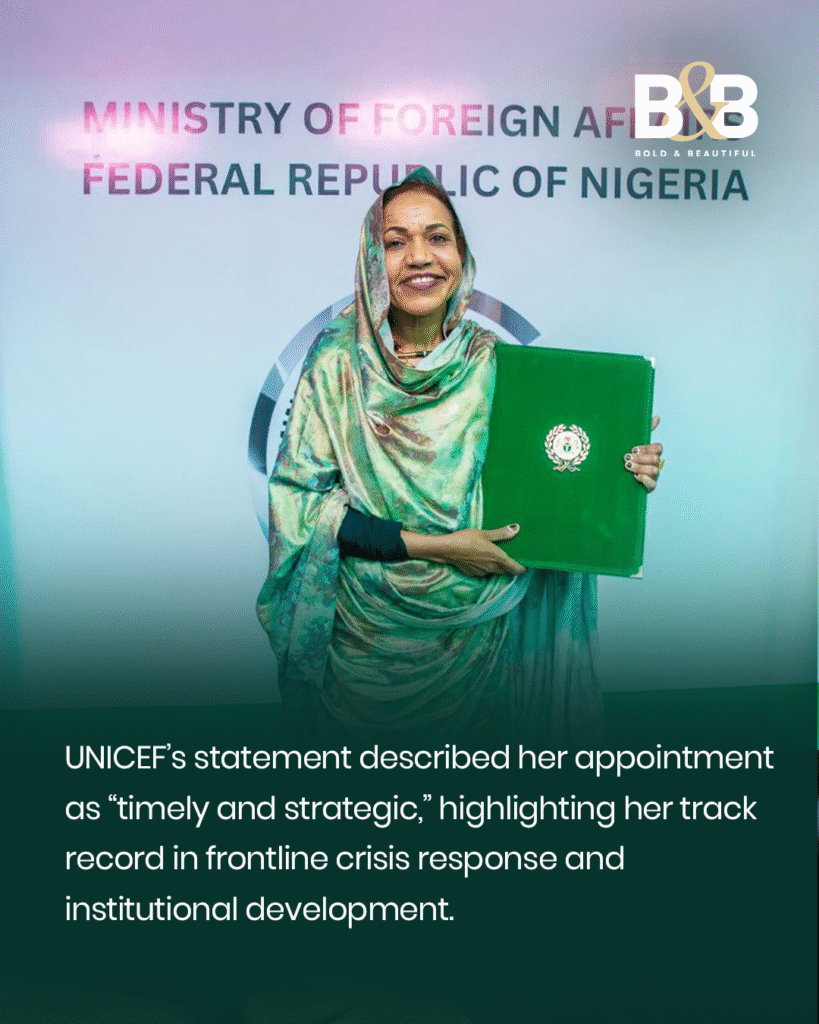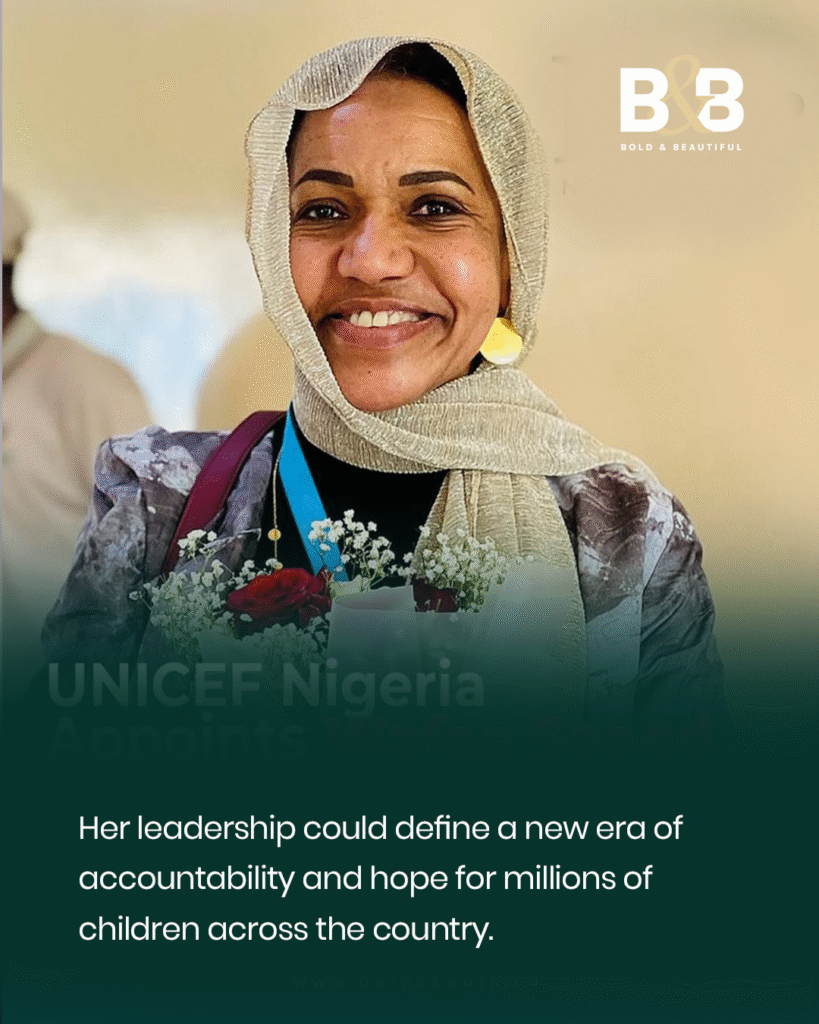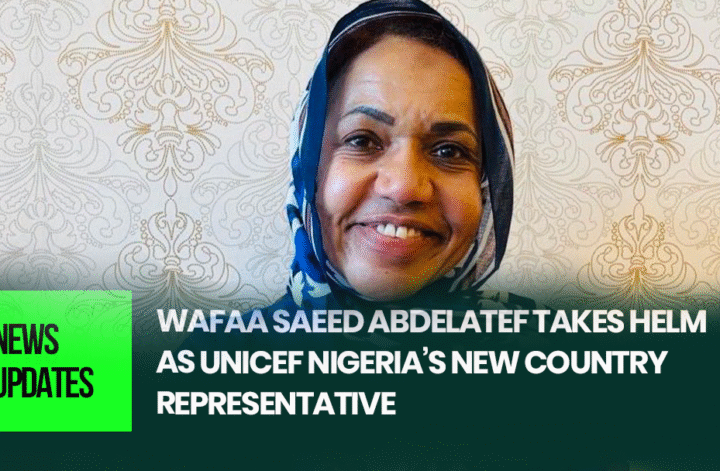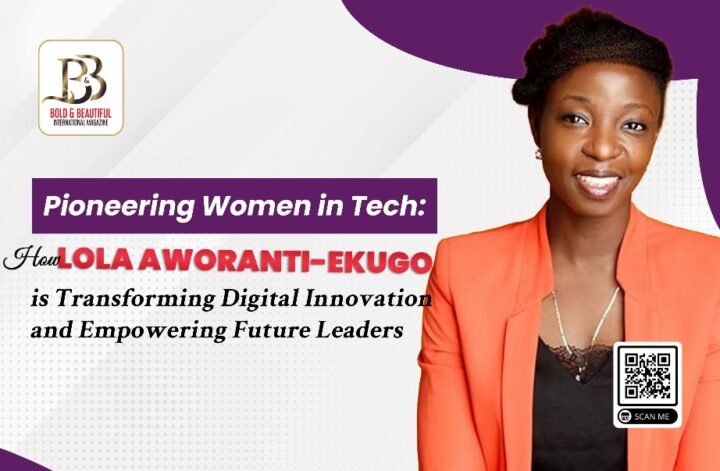UNICEF has appointed Wafaa Saeed Abdelatef as its new Country Representative. The announcement marks a pivotal moment for the agency’s work in Africa’s most populous nation, where millions of children remain at risk due to poverty, conflict, disease, and disrupted access to education.

A seasoned humanitarian with over two decades of field experience, Abdelatef steps into the role with a deep understanding of both emergency and development programming. Her career spans assignments in complex settings such as Sudan, Iraq, Syria, and Yemen, where she led high-impact interventions in health, nutrition, child protection, and social policy. In each post, she built a reputation for building strong partnerships with governments, civil society, and international agencies.
Her arrival in Nigeria comes at a time when UNICEF is deepening its collaboration with federal and state governments to address urgent challenges, including child malnutrition, out-of-school rates, and maternal mortality. Abdelatef’s technical depth and political sensitivity will be crucial to aligning UNICEF’s goals with Nigeria’s national development priorities under the Sustainable Development Goals framework.

UNICEF’s statement described her appointment as “timely and strategic,” highlighting her track record in frontline crisis response and institutional development. Her leadership is expected to guide the organisation through critical years as it expands its efforts to support millions of Nigerian children living in vulnerable conditions.
Abdelatef replaces Peter Hawkins, who concluded a highly visible term that included overseeing major emergency responses and systemic policy reforms. With her unique blend of field grit, programme innovation, and diplomacy, Abdelatef is poised to sustain momentum while bringing fresh energy to Nigeria’s child protection landscape.
Her vision, according to insiders, centres on inclusion, sustainability, and a renewed focus on empowering local systems to deliver results. She is also expected to lead UNICEF’s voice in key policy conversations on gender equity, digital learning, youth empowerment, and access to clean water and sanitation.





